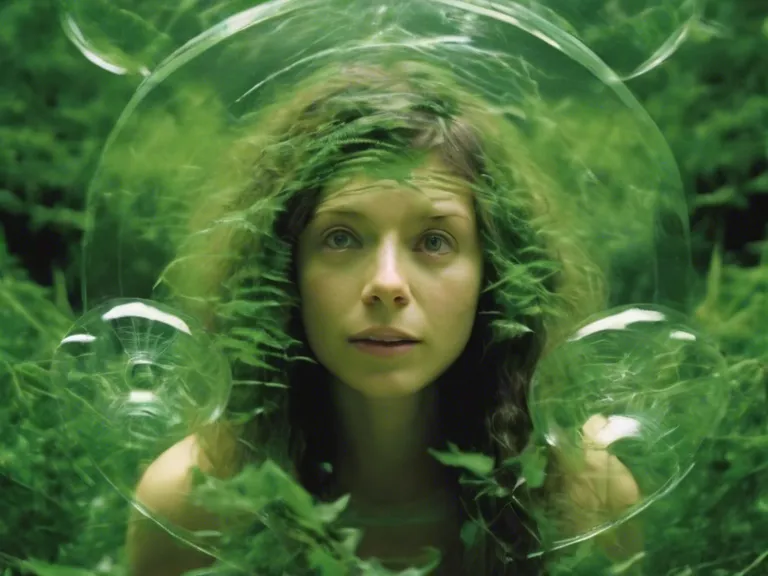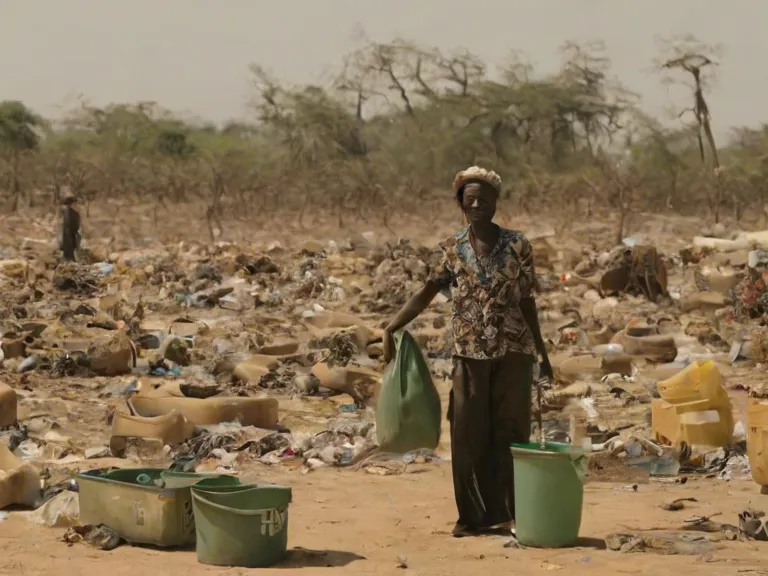
Green Filmmaking: Sustainable Practices in the Movie Industry
In recent years, there has been a growing awareness of the impact that the movie industry has on the environment. From the massive amount of electricity used on set to the waste generated during production, filmmaking can have a significant carbon footprint. However, many filmmakers are now taking steps to reduce their environmental impact and embrace sustainable practices. This movement towards 'green filmmaking' is not only beneficial for the planet, but it can also save money and inspire audiences to make positive changes in their own lives.
One of the key aspects of green filmmaking is using renewable energy sources to power the production. This can include solar panels, wind turbines, and biodiesel generators. By harnessing natural resources, filmmakers can significantly reduce their carbon emissions and lessen their reliance on fossil fuels. Additionally, using energy-efficient lighting and equipment can further decrease energy consumption on set.
Another important aspect of green filmmaking is reducing waste and promoting recycling. This can involve implementing a waste management plan on set, using biodegradable or reusable materials, and donating leftover props and costumes to local charities. By minimizing waste, filmmakers can reduce their environmental impact and contribute to a more sustainable industry.
Furthermore, green filmmaking also extends to transportation practices. Instead of flying cast and crew members to distant locations, filmmakers can encourage carpooling, use electric vehicles, or even film locally to reduce emissions from travel. Additionally, switching to digital scripts and production documents can help decrease paper waste and streamline the production process.
By incorporating sustainable practices into their productions, filmmakers can not only reduce their environmental impact but also inspire positive change in the industry and beyond. As audience members become more conscious of environmental issues, they may begin to demand more eco-friendly films and support filmmakers who prioritize sustainability. Ultimately, green filmmaking is not only a way to protect the planet but also a way to create a more responsible and conscious industry.



